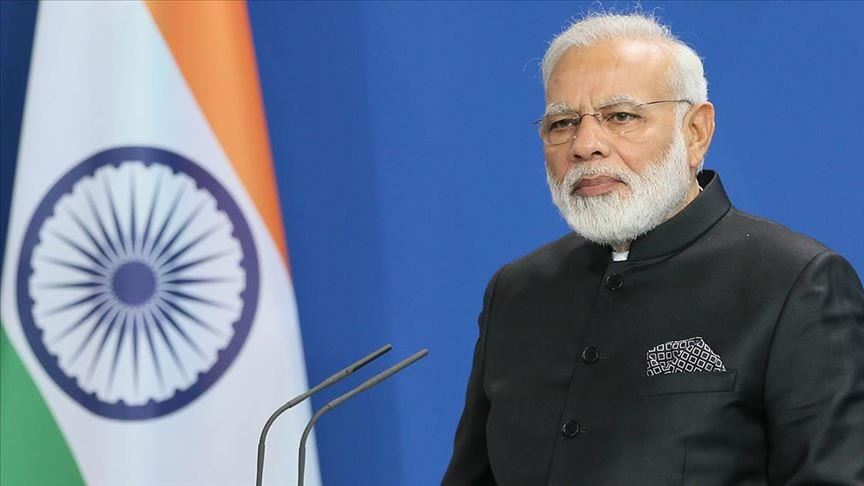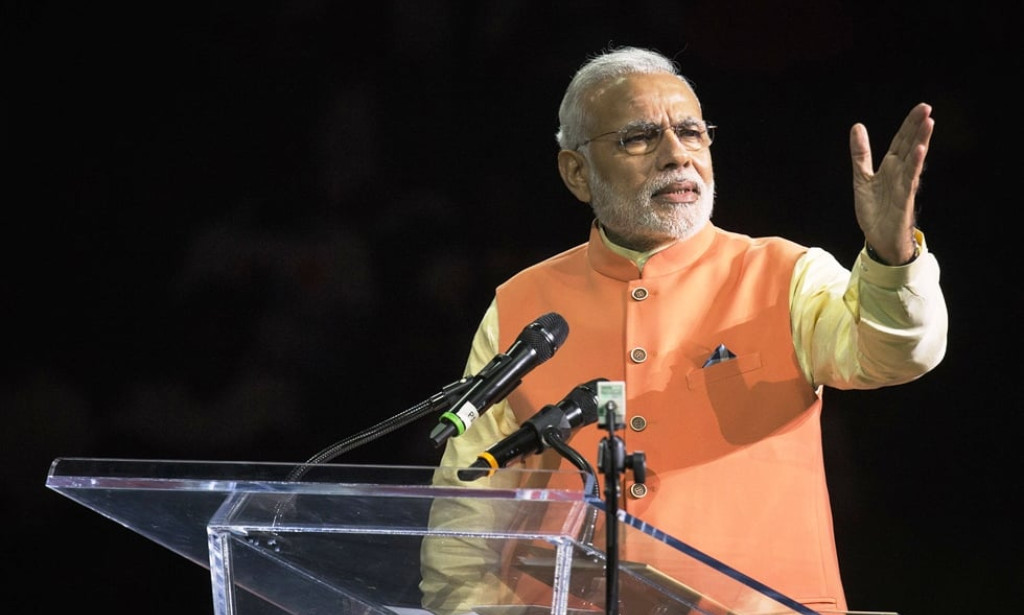Modi’s War Against Pakistan: A Political and Strategic Perspective
Since Narendra Modi took office as the Prime Minister of India in 2014, relations between India and Pakistan have experienced several periods of heightened tension. While there has not been a formal war, the term “Modi’s war against Pakistan” has become a popular expression in media and political discourse, often used to describe India's aggressive posture, especially in response to cross-border terrorism, and its broader geopolitical stance. This article explores the key events, motivations, and implications of Modi’s approach toward Pakistan.
A Shift in Strategy
Modi's government brought a shift from the traditional Indian diplomatic restraint to a more assertive, sometimes militaristic, response to Pakistan. The BJP’s nationalist ideology and its strong mandate in elections have enabled Modi to take bold steps on foreign policy, especially with regard to India’s western neighbor.
The first major turning point came after the Pathankot airbase attack in January 2016, allegedly carried out by Pakistan-based militants. This incident tested Modi’s early attempts at improving ties with Pakistan, including an unannounced visit to Lahore in December 2015 to meet then-Prime Minister Nawaz Sharif. After the Pathankot attack, relations began to deteriorate rapidly.
Uri and Balakot Strikes
The Uri attack in September 2016, where 19 Indian soldiers were killed, marked a new phase. Modi’s government responded with “surgical strikes” across the Line of Control (LoC), targeting terrorist launch pads. This marked the first publicly acknowledged cross-border operation by India in recent times.
The tensions escalated further after the Pulwama suicide bombing in February 2019, in which 40 Indian paramilitary personnel were killed. The attack, claimed by Jaish-e-Mohammed, a Pakistan-based militant group, prompted a dramatic response: the Balakot airstrike, in which Indian warplanes targeted what was claimed to be a terrorist training camp inside Pakistan. It was the first airstrike conducted by India inside Pakistan since the 1971 war. Pakistan responded by downing an Indian MiG-21 and capturing the pilot, who was later released.
While both countries avoided full-scale war, these events marked a period of unprecedented military engagement and diplomatic hostility.
Kashmir and Article 370
Another cornerstone of Modi’s strategy against Pakistan was the abrogation of Article 370 in August 2019, which revoked the special autonomous status of Jammu and Kashmir. This move was seen by Pakistan as a violation of international agreements and human rights, while India viewed it as an internal matter aimed at fully integrating the region.
Pakistan downgraded diplomatic ties, suspended trade, and intensified its global campaign against India's actions in Kashmir. However, Modi’s government remained firm, projecting strength and a zero-tolerance policy toward separatism and terrorism.
The Diplomatic Front
Under Modi, India has pursued aggressive diplomacy to isolate Pakistan on the global stage. This includes branding Pakistan as a state sponsor of terrorism in international forums and lobbying for the blacklisting of terrorist organizations operating from its soil through the Financial Action Task Force
(FATF).
India has also strengthened strategic ties with countries like the United States, France, and Gulf nations, often emphasizing its counterterrorism narrative and economic potential, while portraying Pakistan as unstable and a breeding ground for extremism.
Conclusion
While there has been no official declaration of war, Modi’s “war against Pakistan” can be seen as a combination of military responses, diplomatic isolation efforts, and internal policy changes designed to project strength and nationalism. The policy has resonated with a large section of India’s domestic audience, bolstering Modi’s image as a decisive leader. However, it has also raised concerns about regional stability, the risk of escalation, and the humanitarian situation in Kashmir.
Peace between the two nations remains a distant dream unless both sides take meaningful steps toward dialogue and de-escalation. Until then, the region will continue to live under the shadow of tension, nationalism, and the politics of war.



You must be logged in to post a comment.